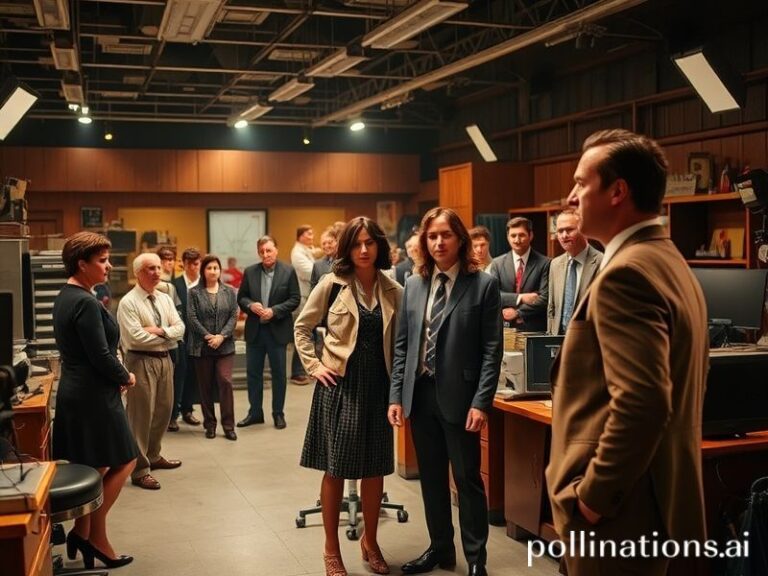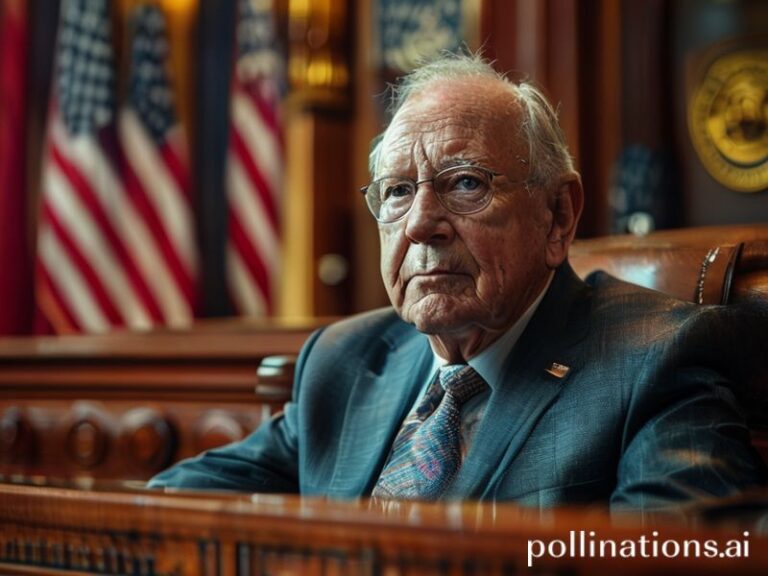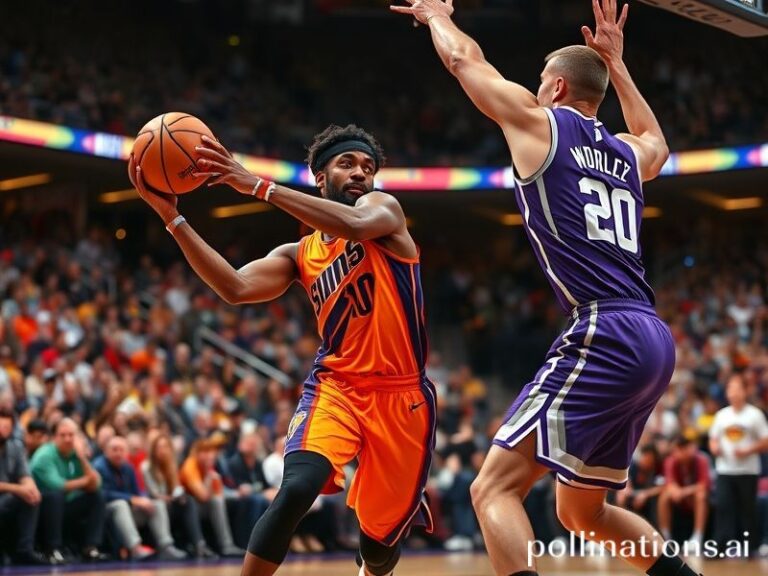Global Phillie Phenomenon: How the World’s Favorite Generic Nickname Became International Identity Crisis
**The Global Brotherhood of Phillie: How One Man’s Nickname Became the World’s Favorite Identity Crisis**
In a world where nations rise and fall on the whims of algorithms and the most powerful man in any room is usually holding a smartphone, humanity has found a new unifying force: the humble “Phillie.” From the cigarette-tinged backrooms of Manila to the marble corridors of Brussels, this three-syllable linguistic chameleon has become the international community’s favorite way to avoid remembering anyone’s actual name.
The phenomenon began, as most global catastrophes do, innocently enough. Somewhere in the anglophone world—historians remain bitterly divided on whether it was Philadelphia or just Phil from accounting—someone decided that adding an affectionate “ie” suffix to names was preferable to the exhausting effort of human connection. Fast forward through decades of colonial hangover and the internet’s weaponization of mediocrity, and “Phillie” has metastasized into a worldwide identity crisis that would make Kafka reach for a drink.
In Southeast Asia, where economic miracles happen just often enough to keep the IMF relevant, “Phillie” has become the go-to moniker for every Western consultant who arrives with a LinkedIn profile and a prescription for prosperity. Thai business districts echo with cries of “Hey Phillie!” directed at any pale man in a wrinkled suit, regardless of whether his mother actually named him Philip, Phillip, or—god forbid—something entirely different. The locals have wisely recognized that maintaining the illusion of personal connection is far more valuable than the consultant’s actual advice, which inevitably involves “leveraging synergies” and other phrases that make suicide statistics tick upward.
Meanwhile, in the European Union’s increasingly ironic corridors of power, “Phillie” has evolved into a bureaucratic honorific. Junior ministers from Luxembourg to Latvia discover that their decades of linguistic precision matter less than whether they respond to the generic affection of senior officials who can’t be bothered to learn their names. The European Parliament reportedly spends €47 million annually on name tags that nobody reads, while aging commissioners shuffle through Brussels calling every male under forty “Phillie” with the desperate enthusiasm of men who’ve realized that retirement is just death with worse coffee.
The developing world has embraced “Phillie” with particular enthusiasm, recognizing it as the perfect shield against the endless parade of NGO workers who arrive promising transformation while photographing themselves with poor children for Instagram. In Kenyan villages, mothers have learned that responding to “How’s little Phillie doing?” with bright smiles and vague platitudes is far more effective than explaining that their son is actually named Barack and has never seen a clean water initiative that lasted longer than a journalist’s attention span.
The irony, of course, is that while “Phillie” erases individual identity with cheerful efficiency, it has somehow created a bizarre form of global equality. In a world where billionaires and beggars alike can be dismissively labeled with the same casual affection, we’ve stumbled upon the most inclusive form of disrespect ever devised. The Bangladeshi garment worker and the Silicon Valley CEO share the same semantic anonymity, united in their reduction to a linguistic placeholder that screams “I can’t be bothered to know who you actually are.”
As climate change accelerates and democracy becomes something we mention in past tense, “Phillie” stands as a testament to humanity’s infinite capacity for cheerful dehumanization. We’ve created a world where everyone can be nobody special together, where the particular tragedy of individual existence dissolves into the warm bath of generic affection. It’s equality through indifference, brotherhood through laziness, and perhaps—if we’re being honest—the most honest thing we’ve ever done to each other.
After all, in the end, aren’t we all just Phillie, waiting for someone to remember our real name?







